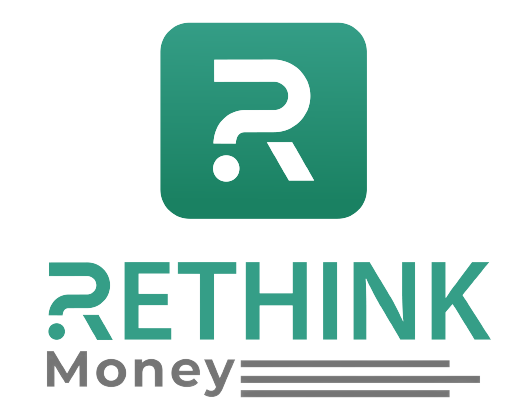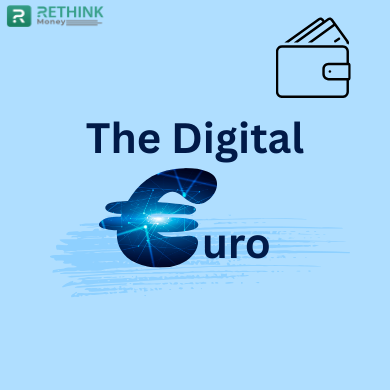What Is the Digital Euro?
The Digital Euro is a proposed electronic form of central bank money being developed by the European Central Bank (ECB). Unlike cryptocurrencies or stablecoins, the digital euro would be issued and backed by the ECB, making it just as secure as physical cash but available in digital form.
It’s designed to be used by individuals and businesses across the eurozone for everyday payments, both online and in-person, much like traditional euro banknotes — but on your phone or digital wallet.
Why Is the Digital Euro Being Created?
There are several reasons why the ECB is exploring a digital euro:
- To modernize payments: As more people use digital payments, the ECB wants to ensure that citizens continue to have access to a risk-free, government-backed means of payment.
- To protect monetary sovereignty: With the rise of private digital currencies (like stablecoins or tech-company backed tokens), the ECB aims to ensure Europe’s independence in payment systems.
- To offer privacy: Unlike commercial bank money or credit cards, the digital euro could offer a high degree of privacy for users — although it won’t be fully anonymous like cash.
- To support financial inclusion: The digital euro could help ensure that everyone, including people without bank accounts, can participate in the digital economy.
How Would It Work?
- The digital euro would be stored in digital wallets, likely provided by banks or other approved providers.
- It could be used for everyday purchases — in shops, online, or person-to-person — just like cash.
- It would not replace cash, but complement it, giving people another payment option.
- There may be a limit on how much digital euro a person can hold to avoid disrupting the traditional banking system.
Where Does the Project Stand Now?
As of 2025, the digital euro is still in the preparation and testing phase. The ECB has already completed two years of investigation and is now working with banks and payment providers to build and trial the necessary infrastructure. A decision on whether to launch the digital euro is expected in October 2025. The Governing Council of the ECB will decide whether to move to the next stage of preparations, to pave the way for the possible future issuance and rollout of a digital euro.
What Does It Mean for You?
If launched, the digital euro would give eurozone citizens a safe, easy, and government-backed way to make digital payments. It could also help reduce dependence on non-European payment systems and offer a more private alternative to current digital payment methods.
However, privacy, data protection, and the impact on banks and the financial system remain key concerns, and the ECB is working closely with EU institutions to address them.


